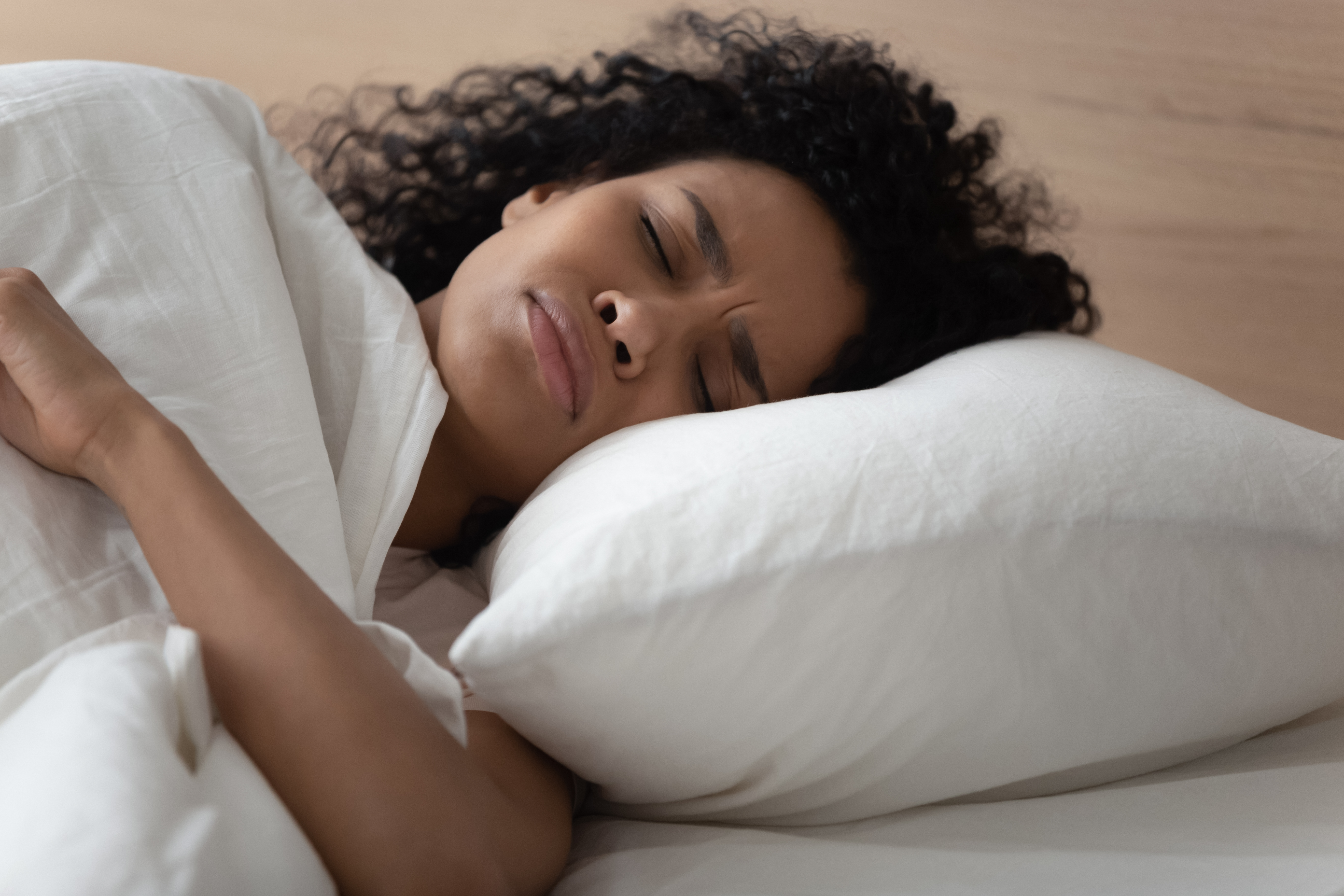
Do you ever feel like you are awake but can’t move, speak, or open your eyes? Have you ever felt frightened or as though someone is pushing you down while you are falling asleep or waking up?
You may be experiencing a common sleep disorder known as sleep paralysis. Researchers estimate the condition affects about 8 percent of people at some point in their life.
Sleep paralysis is not physically dangerous, but it can be alarming. Even though these episodes only last a few seconds or minutes, the sensation of feeling paralyzed can leave a lasting impression on those who experience it. Vicky “Vijay” Seelall, MD, director of sleep medicine at Summit Health tells us everything we need to know about sleep paralysis from symptoms to treatments.
What is sleep paralysis?
Sleep paralysis is a state of consciousness during sleep when you are awake but feel frozen or stuck and are not able to move. The condition occurs when you are either falling asleep or waking up because the body is transitioning into and out of REM sleep, explains Dr. Seelall.
REM sleep occurs about 90 minutes after you fall asleep and is when you dream most vividly. The brain commands that the body stays still so it does not physically act out its dreams.
But in sleep paralysis, you are awake and aware of what is happening — you can breathe regularly but are unable to speak or move your head, limbs, and torso.
Common sleep paralysis symptoms
Besides feeling frozen in place, those who suffer from episodes of sleep paralysis may experience auditory or visual hallucinations. Patients also experience feelings of fear, panic, and anxiety because they feel as though they are paralyzed.
Sleep paralysis often strikes in adolescence, and episodes can recur between ages 20 to 30, especially during periods of change or transition. However, patients who are susceptible to sleep paralysis may experience episodes at any age.
What triggers sleep paralysis?
“Anything that disrupts your REM state of sleep and mood disorders like anxiety and depression are triggers for sleep paralysis,” says Dr. Seelall.
Some positions, like sleeping on your back, can also bring on episodes. Other causes include sleep disorders like narcolepsy, taking certain medications, and substance abuse.
Can you cure sleep paralysis?
Sleep paralysis is not harmful to your body. However, it does signify that you are not smoothly transitioning through the stages of sleep. Your ability to move will return naturally when the episode is over.
Touching or speaking to someone who is in the grips of sleep paralysis can help bring them back to a fully conscious state. Sometimes a patient can end an episode by willfully forcing themselves to move.
Many people are disturbed by the episodes and seek out treatment. According to Dr. Seelall, the overarching treatment for sleep paralysis is discovering why the episodes are occurring.
“Finding the underlying sleep disorder, stress management, and avoiding triggers can help control these episodes,” she says.
Sleeping upright is also a solution. If anxiety, depression, substance use, or another medical condition is the root cause, consult your primary care physician to discuss a treatment plan.
Sleep is the foundation of good health. If you are experiencing any symptoms of sleep paralysis or another sleep disorder, consult a sleep medicine specialist. Our physicians can help diagnose, evaluate, and treat a range of sleep disorders and help you improve your sleep so you feel rested throughout the day.
